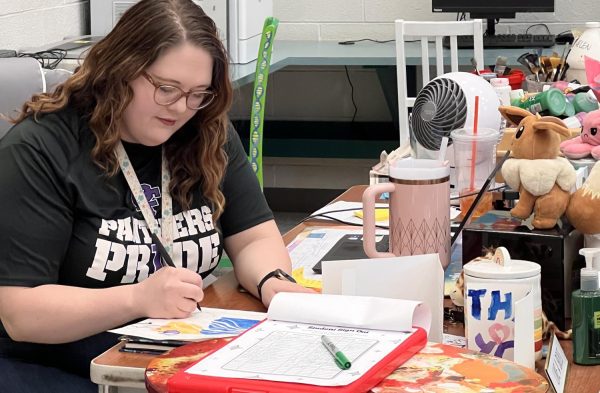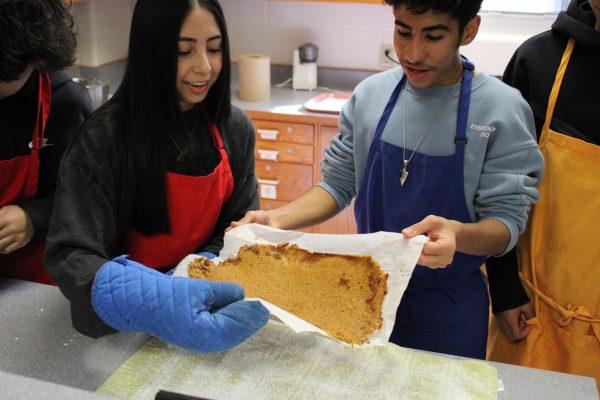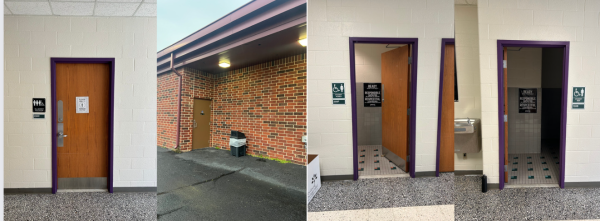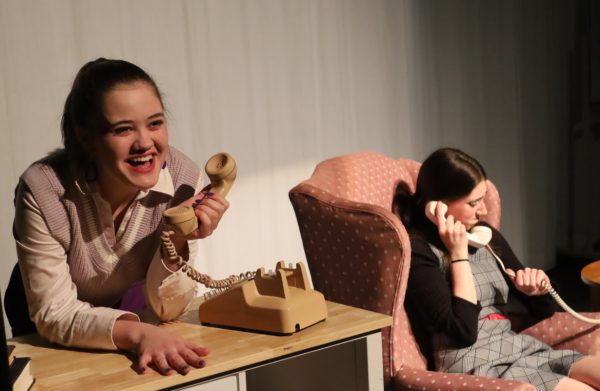Advanced replacement
Oklahoma lawmakers pass bill banning APUSH
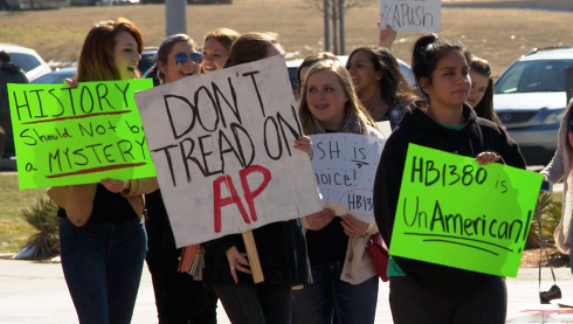
“We learn from the past” is a common answer given to students when they ask why they have to memorize who James K. Polk was and why he is important, but what happens when the past is altered?
In February, Oklahoma lawmakers voted to ban Advanced Placement United States History from its public school system. One of the reasons given as to why this move was made was because it only focuses on “what is bad about America”.
“There’s too many people making judgements who have no idea what the class is actually about,” said APUSH teacher Mrs. Jennifer High, “you don’t really see AP teachers protesting [the curriculum] because they actually know.”
While it may seem obvious to most, history is supposed to be an objective class that is factual in its teachings with as little bias as possible. The irony is that the new laws will bring about more bias than before. For anyone who has taken APUSH, there are certainly portions of the curriculum that cover dark parts of American history, but if it happened, it happened and it needs to be covered.
“Learning history that isn’t accurate is worse than not learning history at all,” said junior, Kyle Weisbaum, “ especially for the United States.”
The Oklahoma legislature plans to implement a more positive curriculum that focuses on the accomplishments of our country instead of the reality. The irony is that those accomplishments, like the continental railroad or a thriving agriculture, were all based on dark times in our country’s history. Subjects like slavery and the forced relocation of Native Americans are going to be ignored.
“We spend a lot of time learning about the negative aspects of the country’s history, however, since negative things occurred , we should learn about them,” said Weisbaum.
It is unlikely that a chain reaction occurs and states across the country ban APUSH, but it is worrisome. Also, one can predict which states they would be. The more conservative states, like Oklahoma, would be more inclined to do so because of how heavy and important slavery is in the the curriculum. The states see it as politically driven and not purely for information,
“[Oklahoma] thinks it’s super liberal, but it depends on who the teacher is so you could teach it from whatever slant you want,” said High.
Oklahoma has made it clear that it would like to propagate its students with misleading history and only time will tell if anyone follows.





